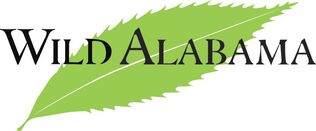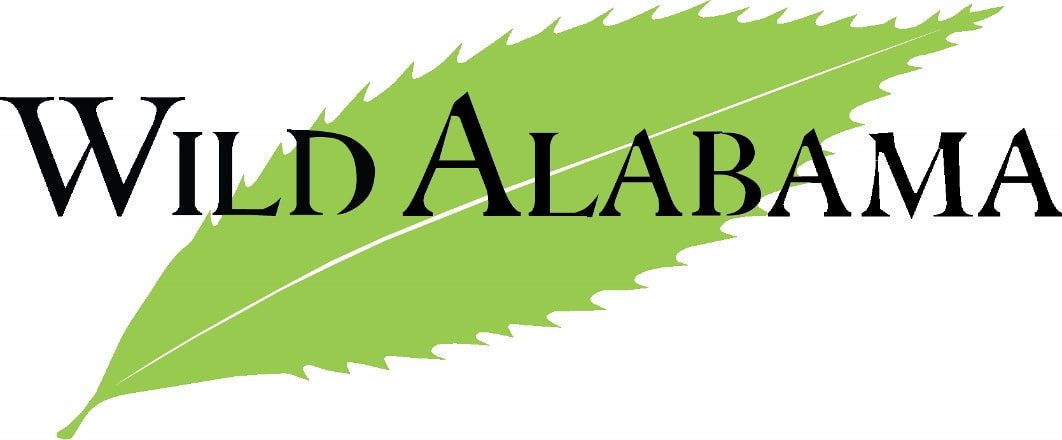This page is currently under re-construction and is being updated. Please check back soon!
National Forests are federal lands under the direction of the Department of Agriculture. They are managed by the United States Forest Service. Since our organization’s beginning as the Bankhead Monitor back in 1991, through our time as Wild Alabama, then Wild South, and now once again Wild Alabama, we remain rooted in Forest Watch. Our work of forest protection began with Forest Watch as a means of protecting our last wild places.
We continue to monitor Forest Service activities to assure that the terms of the 2004 Forest Revision Plan for National Forests in Alabama are upheld and that Forest Service management practices are compatible with restoration principles. Our goal is healthy, intact eco-systems on our public lands. This is accomplished through our active participation as a member of the Bankhead Liaison Panel, through ground-truthing timber sales, writing comment letters on proposed Forest Service policy, management practices and projects, and responding to concerns expressed by forest visitors.
National Forests are federal lands under the direction of the Department of Agriculture. They are managed by the United States Forest Service. Since our organization’s beginning as the Bankhead Monitor back in 1991, through our time as Wild Alabama, then Wild South, and now once again Wild Alabama, we remain rooted in Forest Watch. Our work of forest protection began with Forest Watch as a means of protecting our last wild places.
We continue to monitor Forest Service activities to assure that the terms of the 2004 Forest Revision Plan for National Forests in Alabama are upheld and that Forest Service management practices are compatible with restoration principles. Our goal is healthy, intact eco-systems on our public lands. This is accomplished through our active participation as a member of the Bankhead Liaison Panel, through ground-truthing timber sales, writing comment letters on proposed Forest Service policy, management practices and projects, and responding to concerns expressed by forest visitors.
Forest Watch Report January 2024 - December 2024
Forest Watch Report January 2023 - December 2023
Forest Watch Report January 2022 - December 2022
Forest Watch Report January 2021 - December 2o21
- Attended Bankhead Liaison Panel meetings
Forest Watch Report January 2023 - December 2023
- Attended all 2023 Bankhead Liaison Panel meetings
- ANPR:MOG (May meeting w groups in NC; Aug 2023 ANPR:MOG comment letter and signed onto SELC's comment letter)
- Oct. 2023 letter to FS Supervisor re NEPA for Hemlock treatment
- Nov. 2023 Coosa Riverkeeper/proposed Quarry at Oxford near TNF (site visit, ADEM meeting, letter to ADEM)
- Responded to concerns about SPB cut on Dry Hollow Road
Forest Watch Report January 2022 - December 2022
- Bad burn in Talladega National Forest
- Aquatic Passage Project on Brushy Creek in Bankhead
- Dec 2022 comment letter re proposed Forest Orders in BNF and TNF
- Attended all Bankhead Liaison Panel meetings
Forest Watch Report January 2021 - December 2o21
- Consulted with Bankhead District Ranger Andy Scott about the sedimentation load in Sipsey Fork and its tributaries in the Bankhead National Forest and how how the poor condition of the forest roads may be contributing. Wild Alabama composed a letter to Forest Supervisor Cherie Hamilton in Montgomery regarding the poorly maintained roads and how they are likely contributing to the sedimentation problem.
- Engaged in meetings and site visits in the Bankhead National Forest about the proposed swap of national forest land for private land on Sipsey Fork. Wild Alabama submitted a comment letter and remains attentive to the process.
- Ground-truthed marked sites in the Flint Creek timber sale, Bankhead National Forest.
- Met with Ranger Andy Scott, silviculturist Jason Harris, scientists from the Southern Research Station and educators from the surrounding communities to plan for an upcoming project that will involve students in collecting acorns and planting a 20 acre site on Balls Mountain that was formerly a loblolly pine plantation.
- Submitted a comment letter regarding the proposed Aquatic Organism Passage Project on Bankhead and Talladega National Forests.
- Signed on to a letter to Congress from Southern Environmental Law Center supporting legislation that will make the Roadless Rule permanent.
- Participated in three planning meetings for a community science project in partnership with the Bankhead District of the Forest Service that will involve high school and college students in the monitoring of Eastern hemlock sites in the Bankhead National Forest for the purpose of the early detection of Hemlock Wooly adelgid.
Let's GET IN TOUCH!
Want to leave a gift for Wild Alabama in your will or trust?
Contact Maggie at maggie@wildal.org or learn more at www.wildal.org/donate.
Contact Maggie at maggie@wildal.org or learn more at www.wildal.org/donate.
© Wild Alabama. All rights reserved.
Enjoy. Value. Protect.
Wild Alabama's mission is to inspire people to enjoy, value, and protect the wild places of Alabama.
Wild Alabama's mission is to inspire people to enjoy, value, and protect the wild places of Alabama.



